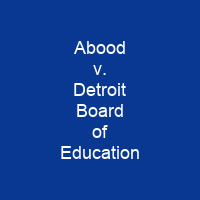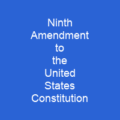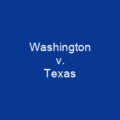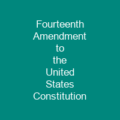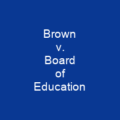Abood v. Detroit Board of Education, 431 U.S. 209, was a US labor law case where the United States Supreme Court upheld the maintaining of a union shop in a public workplace. Abood was overturned in the 2018 case Janus v. AFSCME, which found that Abood had failed to properly assess the First Amendment principles in its decision.
About Abood v. Detroit Board of Education in brief
 Abood v. Detroit Board of Education, 431 U.S. 209, was a US labor law case where the United States Supreme Court upheld the maintaining of a union shop in a public workplace. Public school teachers in Detroit had sought to overturn the requirement that they pay fees equivalent to union dues. Abood was overturned in the 2018 case Janus v. AFSCME, which found that Abood had failed to properly assess the First Amendment principles in its decision.
Abood v. Detroit Board of Education, 431 U.S. 209, was a US labor law case where the United States Supreme Court upheld the maintaining of a union shop in a public workplace. Public school teachers in Detroit had sought to overturn the requirement that they pay fees equivalent to union dues. Abood was overturned in the 2018 case Janus v. AFSCME, which found that Abood had failed to properly assess the First Amendment principles in its decision.
The Court found, notion that an individual should be free to believe as he will, and that, in a free society, one’s beliefs should be shaped by his mind and his conscience, rather than coerced by the State. The restriction on union use of funds for non-collective-bargaining purposes was based on First Amendment protections regarding free speech and association.
You want to know more about Abood v. Detroit Board of Education?
This page is based on the article Abood v. Detroit Board of Education published in Wikipedia (as of Nov. 03, 2020) and was automatically summarized using artificial intelligence.
